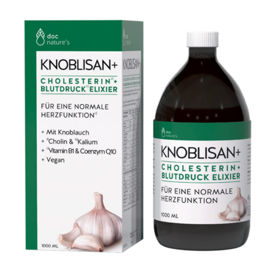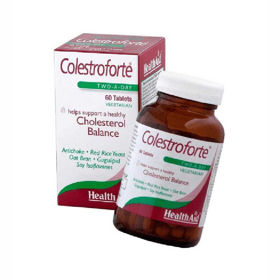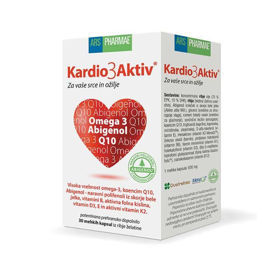Various advertisements on the web want to sell you various products to improve your health and well-being. In most cases, these websites are in the Slovenian language, but there is no information on the company that offers these products.
The Public Agency of the Republic of Slovenia for Medicines and Medical Devices examined the online advertising and sale of the product Tonerin during the supervision of the implementation of the Medicines Act (Official Gazette of the Republic of Slovenia, no. 17/14 and 66/19; from now on Medicines Act), which is presented with healing properties, although it is not registered as a medicine.
An interview titled "Swelling, pain and muscle cramps: 3 companions of poisoned blood" appeared in the "Gold Fund" articles. How can you eliminate them at home?" by Pavle Poniž, in which Prof. Dr. Marko Noč, a renowned vascular surgery specialist, answers questions and promotes the product Tonerin and its healing effects.
The Market Inspectorate of the Republic of Slovenia was informed that Prof. Dr. In the interview above, Marko Noč never participated or participated in any other way in the promotion of Tonerin, nor did he ever express himself or in any other way define the product that is promoted in such a way.
DECEPTION!
"Tonerin high blood pressure capsules are medicines used to regulate blood pressure in people with hypertension. They help lower blood pressure and thus reduce the risk of cardiovascular disease."
Dietary supplements can offer many potential benefits, but there are also reasons to be cautious when using them. Some supplements may not contain the ingredients they claim to contain. In addition, they may be contaminated with harmful substances such as heavy metals, pesticides, or undisclosed prescription drugs. The marketing of dietary supplements can sometimes be misleading, with unproven claims about their benefits.
Correct treatment of cardiovascular diseases
Treatment for cardiovascular disease usually depends on the type and severity of the disease and the patient's general health, age, and other factors. It is essential to get an accurate diagnosis and treatment plan from your doctor if you or someone you know has cardiovascular disease.
Risk factors for cardiovascular disease include unhealthy diet, physical inactivity, smoking, harmful alcohol consumption, hypertension, diabetes, and elevated lipids. Many cardiovascular diseases can be prevented or effectively treated with lifestyle changes, medication, and, in some cases, surgery.
Only a qualified doctor can diagnose accurately based on symptoms, physical examination, medical history, and special tests. Misinterpretation of symptoms can lead to missed or delayed diagnosis, affecting prognosis. Many cardiovascular diseases are silent or hidden in their early stages. Regular check-ups can help identify risk factors or early signs of disease, which allows for quick action and better results.
Treatment often requires a customized approach based on the individual health condition, co-morbidities, and lifestyle of the individual. The doctor can prescribe appropriate medications, recommend lifestyle changes, and, if necessary, refer to a specialist. The doctor can guide the correct use of medicines, monitor side effects, and adjust doses if necessary.
Management of risk factors is essential for the prevention or treatment of cardiovascular diseases. Doctors can advise on healthy eating, exercise, stress management, and smoking cessation, all crucial in cardiovascular health. Some cardiovascular conditions require constant monitoring to monitor the progression of the disease, the effectiveness of treatment, and to detect potential complications. This monitoring can only be done effectively with regular consultations with a doctor.
In some cases, procedures such as angioplasty, bypass surgery, or pacemaker implantation may be necessary. The doctor will advise when such interventions are necessary, refer to the right specialist, and take care of pre- and post-operative care.
Uncontrolled or poorly managed cardiovascular disease can lead to severe complications, including heart attack, stroke, or sudden cardiac death. Regular consultations can help predict and prevent these complications.












 Facebook
Facebook
 Instagram
Instagram
 info@moja-lekarna.com
info@moja-lekarna.com

